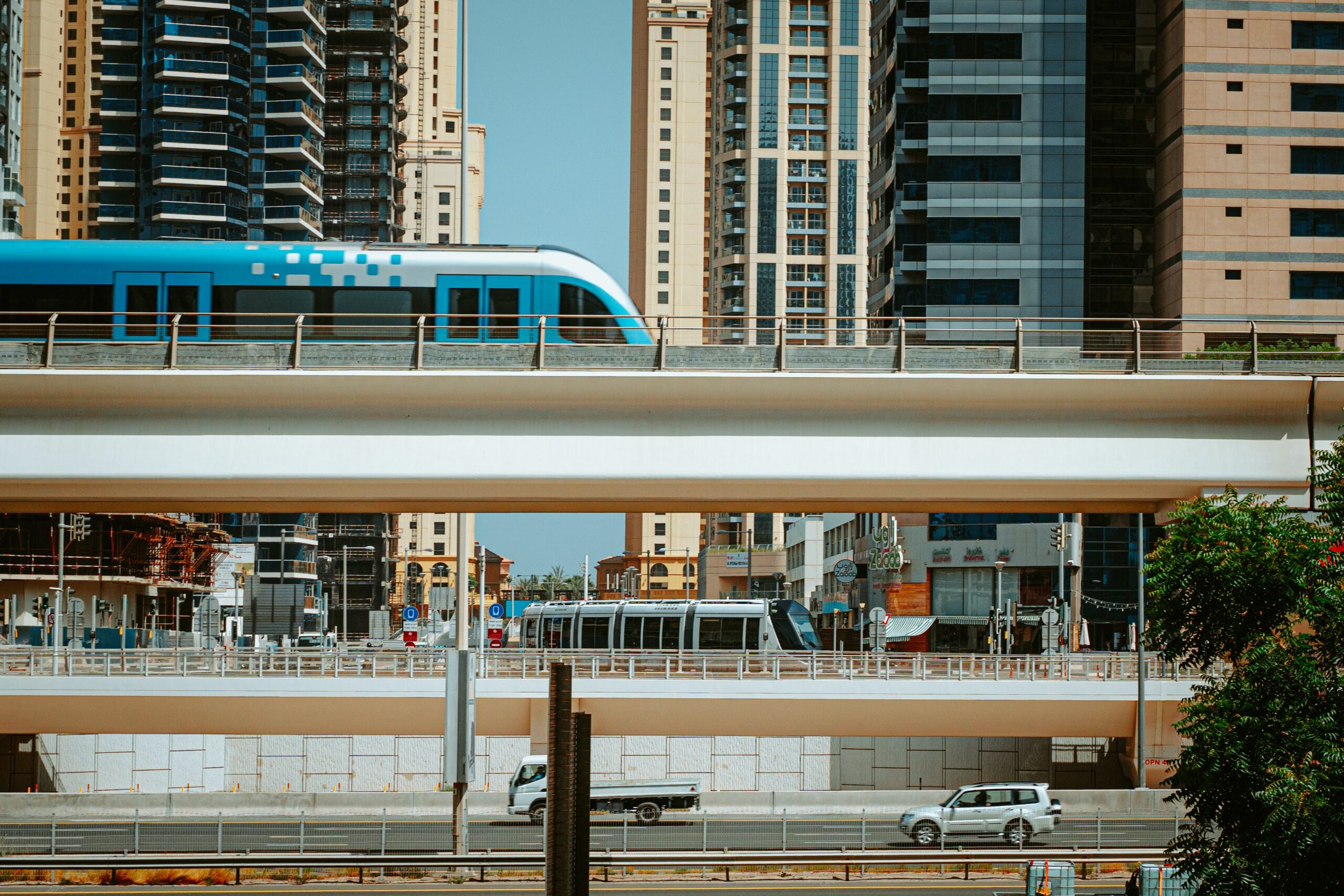Oliver Wyman, a global management consulting firm and a business of Marsh McLennan, has just released its annual Urban Mobility Readiness Index, a comprehensive initiative that assesses the preparedness of 65 global cities for future mobility trends.

The Oliver Wyman Forum – the consultancy’s think tank – conducted the study in partnership with the Institute of Transportation Studies (ITS) at the University of California, Berkeley. The annual Index, now in its fifth year, ranks 65 cities around the world based on 56 key performance indicators across social impact, infrastructure, market attractiveness, system efficiency, and innovation. The research provides cities planners, citizens, and the private sector actionable insights on the future of mobility.
Dubai emerged as the leading city in the region, displaying significant progress in its mobility readiness. The city reached 28th in 2023, climbing five slots since 2021. Dubai sits between Atlanta in the United States (27) and Melbourne in Australia (29) on the Index.
Abu Dhabi also improved, moving up one place from last year to 38th this year. Meanwhile, Doha maintained its position and is at 41st place. Riyadh also improved, climbing four slots since 2021 to 53rd. Other notable MENA region rankings include Cairo at 56th and Casablanca at 59th.
“The transformational projects currently underway across the GCC – as well as the region’s appetite for new technology – means cities across the Gulf are likely to continue to rise in the rankings,” said Guillaume Thibault, partner at Oliver Wyman and co-author of the Index. A mobility expert, he added: “It’s encouraging to see a focus on elements such as improving public transport utilisation, boosting both walkability and cycling routes, and electric vehicle infrastructure. It’s crucial to prioritise these issues and be open to change, as mobility currently accounts for 25% of global emissions.”
The Urban Mobility Readiness Index also includes two sub-indices assessing public transit and sustainable mobility performances. In the Sustainable Mobility Sub-Index, Dubai took the regional lead at 46th, followed by Abu Dhabi at 48th. Dubai also led the region in public transit, ranking 31st with a score that is on par with the global average, while Doha followed at 45th.
The report highlights global trends, including the growing traction of autonomous vehicles, the ongoing challenges faced by the shared mobility market in achieving profitability, and the impact of inflation on public transit models.
The Index also highlights key trends in the Middle East, including the continuous improvement of public transit performance; the challenges active mobility faces due to the regional climate and the heavy reliance on cars; and the fact that pilot projects are underway in the region to promote walking and cycling, demonstrating a commitment to fostering sustainable modes of transportation.
The research identifies areas for improvement for cities across the GCC specifically. For Dubai, the focus should be on enhancing electric vehicle (EV) charging station availability and air quality. Abu Dhabi, Riyadh, Manama, and Doha could prioritise EV incentivisation and public transport utilisation.
Cities that prioritised mass transit affordability and incentivised low-carbon alternatives took the top global spots this year. Helsinki ranked number one, gaining two places from last year and three rankings from 2021. The Finnish city offers one of the world’s most affordable public transport systems. The city’s car-free zones and integrated cycling programmes also helped propel it to first place. Amsterdam came in second on the Index, followed by Stockholm third, San Francisco (last year’s leader) fourth, Munich fifth, and Singapore sixth.










Discussion about this post